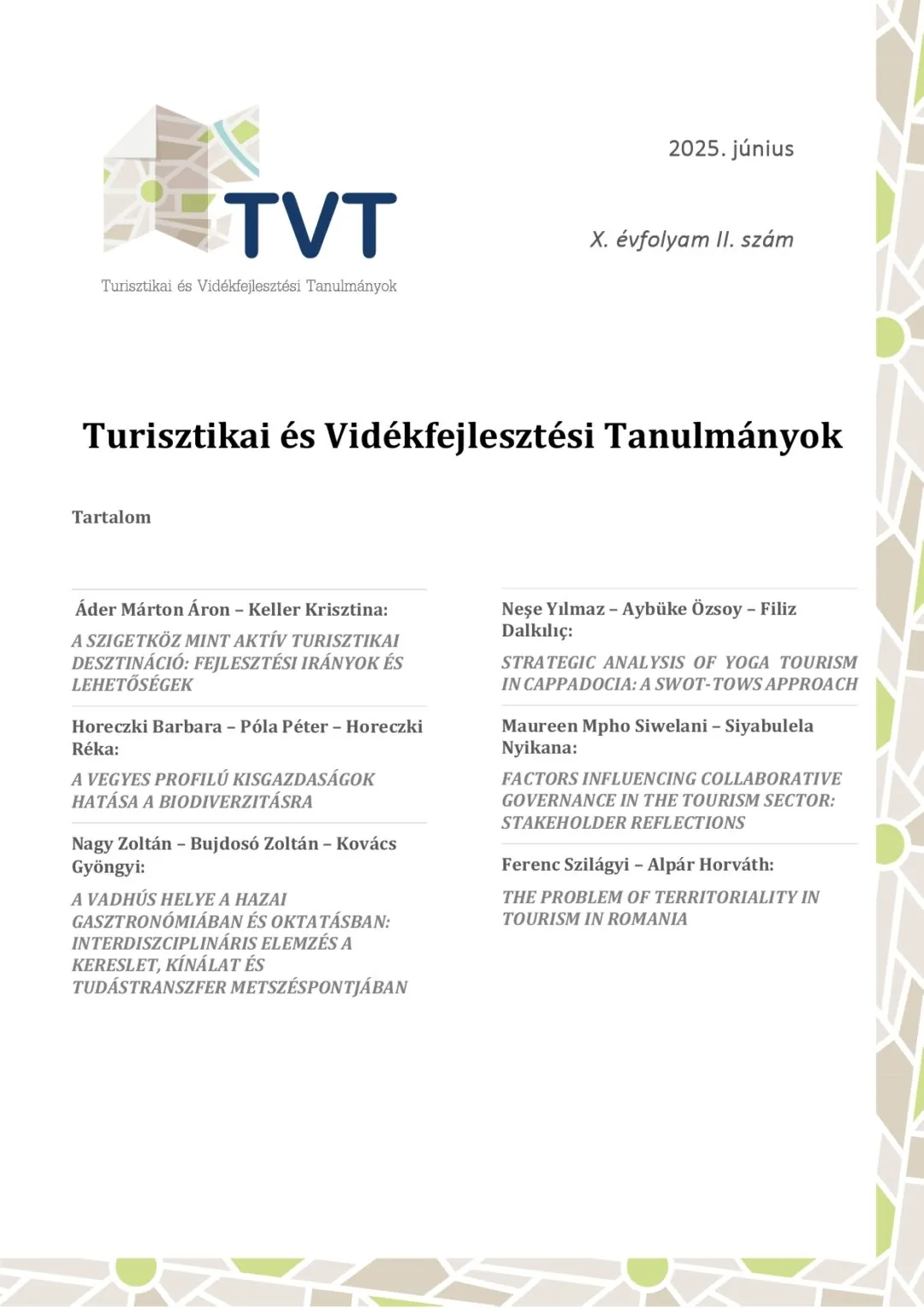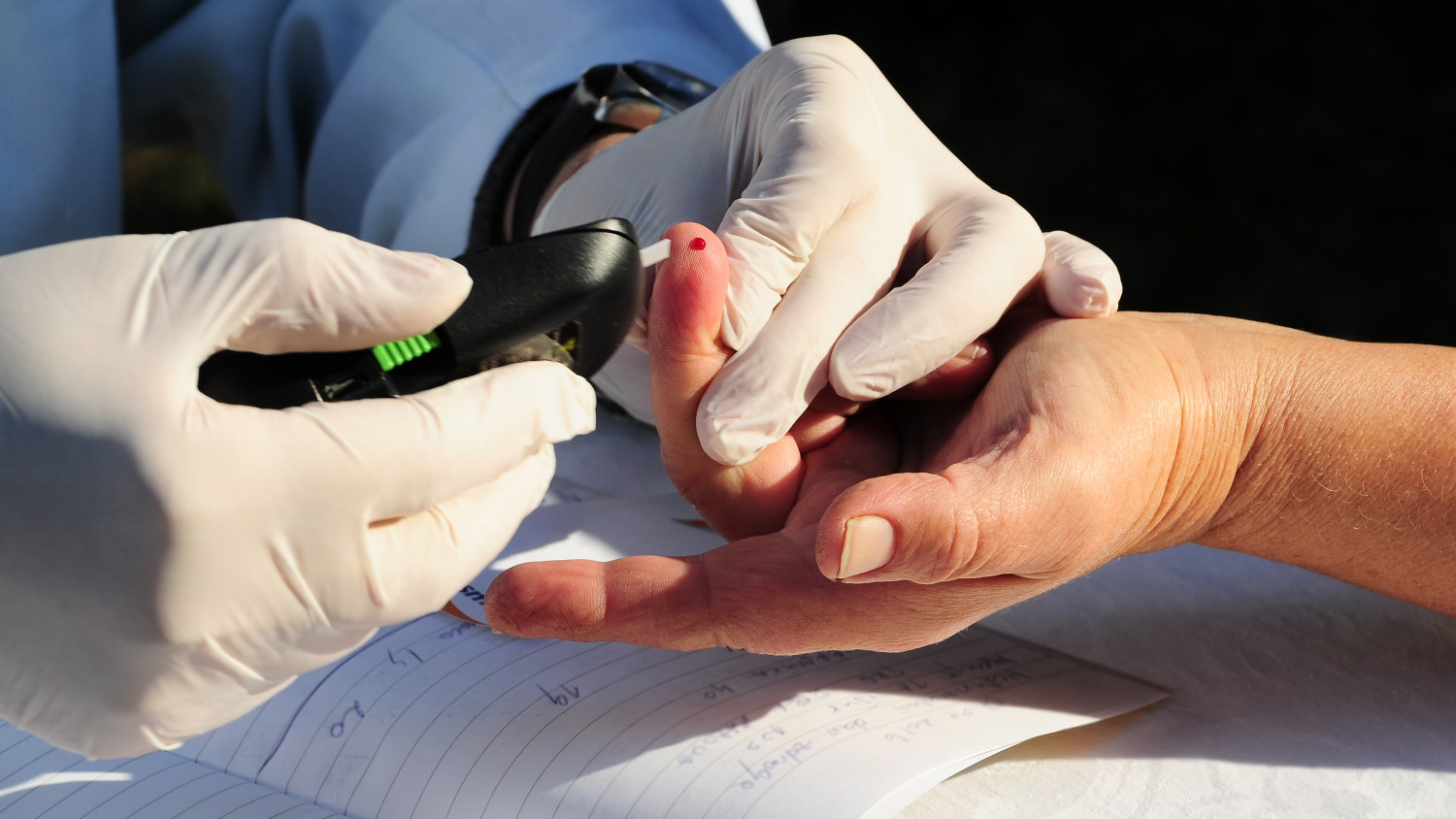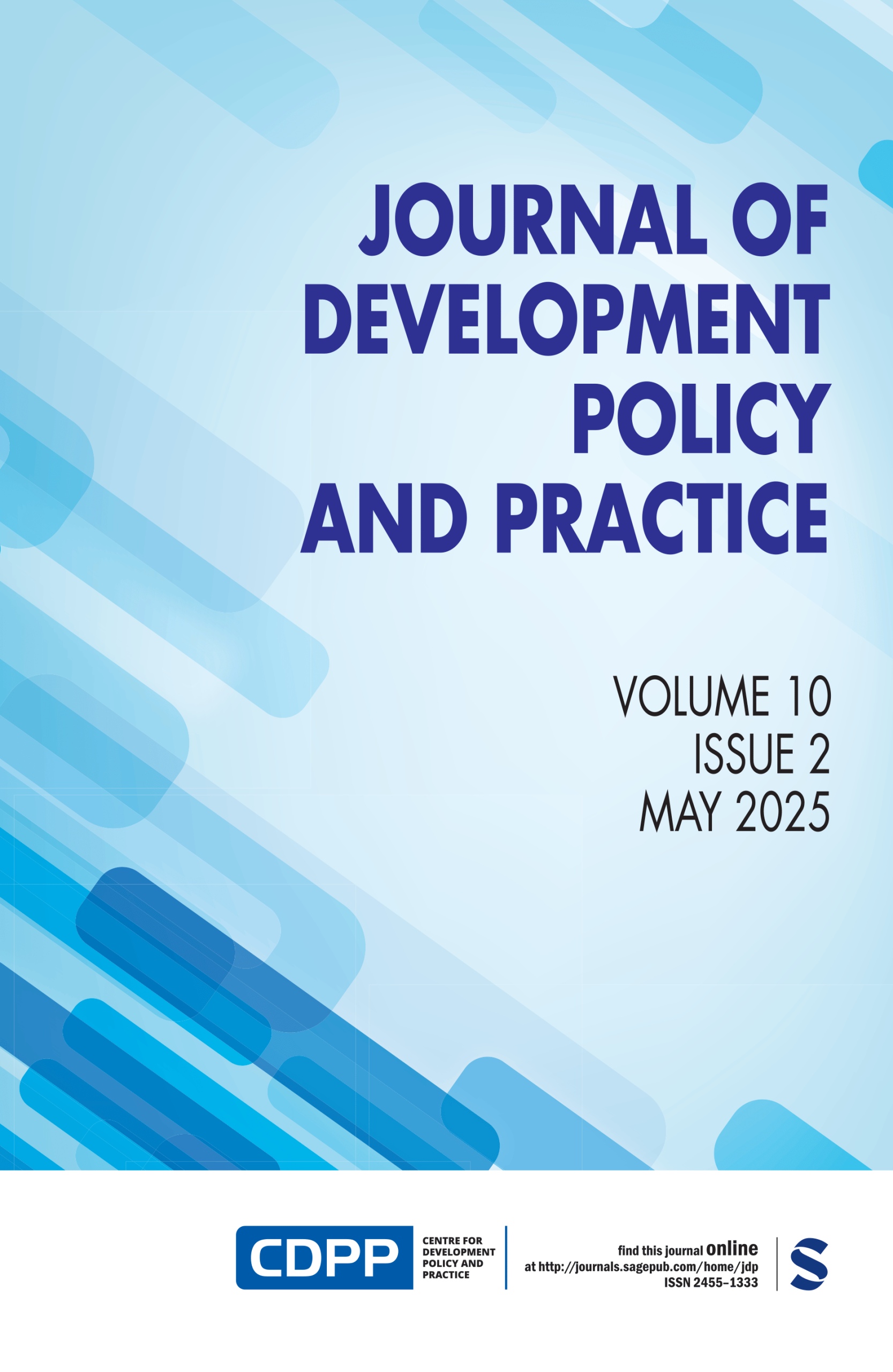Bárdits Anna habilitációs előadása a K 11-12-es földszinti előadóban 2024. szeptember 19-én 13.00 órától kezdődik.
Abstract
This paper investigates how the type of home environment – family foster care or residential care – affects the adult outcomes of individuals who were raised in state care during adolescence. While it is established in the literature that living in residential care is detrimental for babies, the effect of living in different types of care as an older child is underexplored. We use Hungarian individual-level administrative panel data and follow the children from age 13 until age 19. We show that the adult outcomes of adolescents who grew up in a foster family are substantially better even after controlling for a rich set of variables, including indicators of cognitive and non-cognitive skills, and mental problems observed at age 13. Young adults who grew up in family foster care are 8 percentage points more likely to complete secondary education, and 11 percentage points less likely to spend at least 6 months without either working or studying at age 19, than comparable peers raised in residential care. Using mental health medication is 5 percentage points less likely. For girls, the probability of teenage birth and abortion are smaller by 12 percentage points each. IV estimations using local foster mother capacity show large albeit statistically insignificant benefits from foster care.
Co-author: Gábor Kertesi










